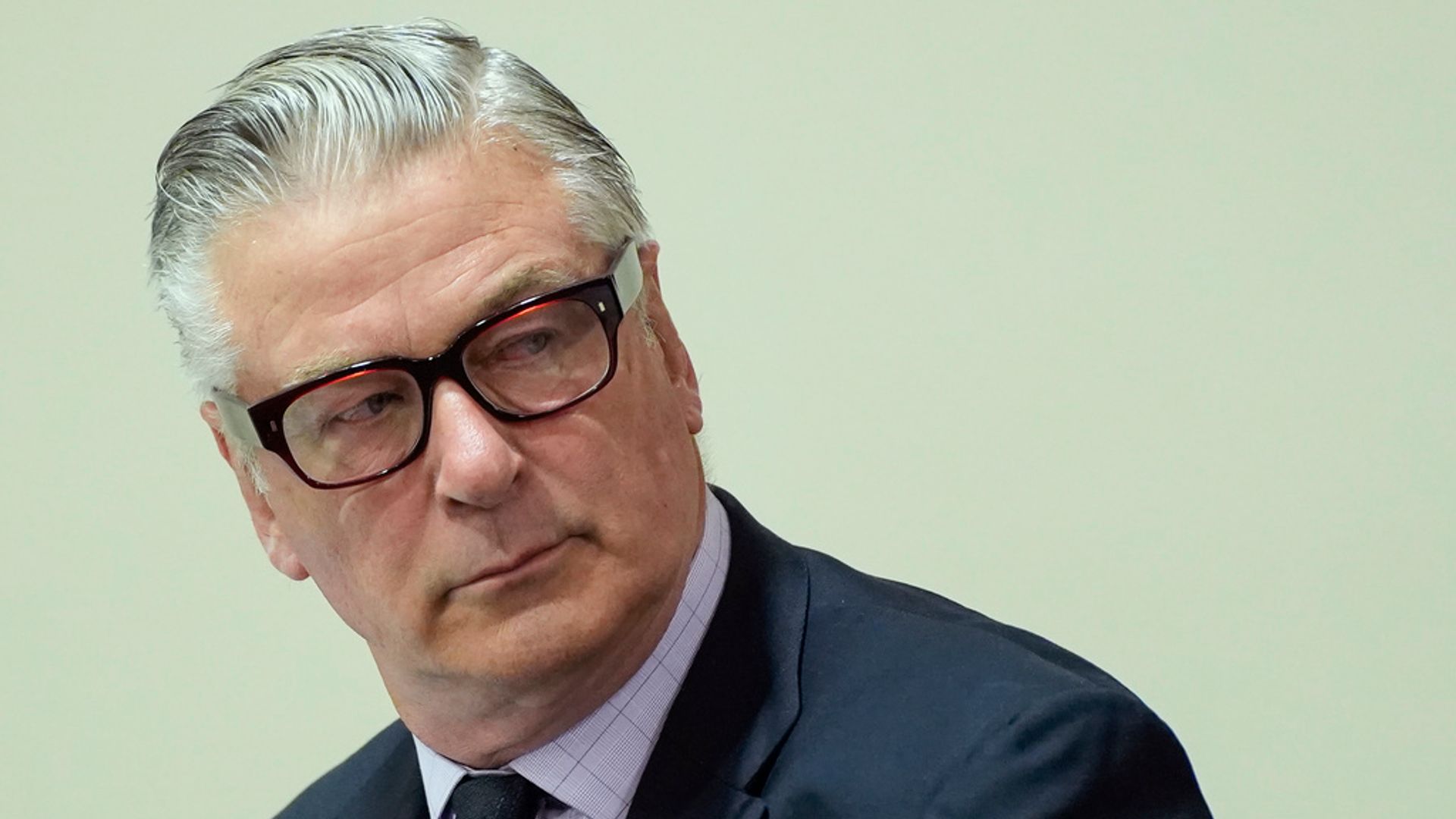
Belfast city councilors unanimously voted on Tuesday night to launch a pilot drop-off site at the city’s transfer station for residents who want to convert their food waste into compost.
When the one-year pilot program starts, residents will be able to drop off their food scraps at the transfer station in one of two ways. They can either leave their scraps without paying any direct fees, and not receive anything in return. Or they’ll be able to pay an $18 monthly fee to drop off scraps they’ve collected in a bucket provided to them through the program, and in return, they’ll receive composted material for their home gardens. A start date for the program was not mentioned on Tuesday.
A group of Belfast residents that calls itself the Community Composting Collaborative has been working with the city for the last six months to develop the proposal for the drop-off site at the transfer station on High Street.
Prior to the vote on Tuesday night, the city’s climate, energy and utilities committee circulated a month-long survey to gauge interest, in which 51 respondents — 46 of them from Belfast — expressed support for the initiative.
Backers of the initiative said it would allow residents to reduce the amount of food waste going to landfills, mitigate climate change and help their gardens. They noted that organic materials such as food waste can produce methane when they’re buried in landfills.
“Especially in the past year or so, Belfast has experienced the dreadful threats and challenges that climate change poses in our community,” said collaborative member Corliss Davis, who presented the proposal. “Reducing and managing food waste is a simple but powerful thing we can all do to help address the underlying causes of these problems.”
Maine communities that already offer some sort of municipal composting service include Rockport, Brunswick, and Portland.
ScrapDogs Community Compost, a Rockland company founded and run by Tessa Rosenberry and Davis Saltonstall, was selected as the contractor to run the pilot.
As part of the pilot, the city will develop guidelines for what compostable material can be dropped off.
Councilors authorized spending up to $1,400 on the program in its first year. But, that’s expected to offset the fees the city would otherwise have paid to dispose of the food waste in more traditional ways.
“This was presented very, very well. There was a lot of work that’s gone on for over a year, or at least back in the last calendar year, and it shows, and I’m honestly kind of blown away at how well something that was initiated by citizens has come to us in such an acceptable manner. It’s easy for me to say yes to this,” said City Councilor Chris Bitely.








